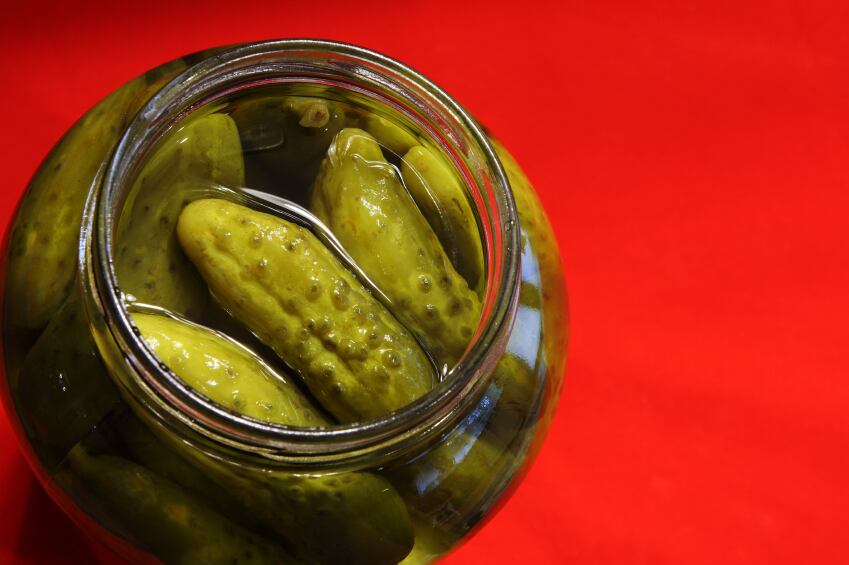The Netherlands Authority for Consumers and Markets (ACM) fined German-based Kühne and Dutch firm Burg €4.6m and €1.8m, respectively.
Two employees at Burg were fined €16,000 and €54,000 while three employees at Kühne, who “exercised leadership over the cartel”, were fined between €22,500 and €135,000.
Chris Fonteijn, chairman of the ACM board, said: “This is a very serious cartel. And that is why we have imposed heavy fines."
However, under the EU’s ‘leniency policy’, Kühne escaped its fines because it came to the authorities first and cooperated closely with the ACM in the investigation.
Burg also had 10% shaved off its bill as it acknowledged the violation, which under a 2008 EU rule meant fines could be reduced.

The cartel – which saw prices fixed for the vinegar used in products like sauces, salads and pickles – lasted from 2001 to 2012.
Kühne told us the price fixing deal came to light following the departure of an employee responsible for selling bulk vinegar to industrial bulk customers in the Netherlands. An internal audit revealed irregularities and the management board immediately reported its findings to the ACM.
“Kühne does not tolerate any anti-competitive practices to the detriment of consumers or business partners, but strives for fair competition based on quality,” CEO Stefan Leitz told us in a statement.
It said organisational procedures had been made “even more stringent” as a result with training and a written declaration of commitment for sales staff introduced.
It said none of its food-retail products were affected.
Burg told us it gave full cooperation to the investigation, adding: “Burg Groep regrets that it has infringed the rules of the competition authority in the past. Internal investigations have shown that the behaviour stopped in 2012. Burg Groep has evaluated its procedures to prevent this kind of behaviour in the future.”
Neither firm responded to our request for comment on the employment status of the five individuals referenced by the ACM.
Commission breaks ‘most’ cartels using leniency policy
Between the first cartel decision in 1969 and October 2013, the European Commission has imposed fines on 820 companies, totalling over €19 billion.
In the last five years the Commission has shut down five food industry cartels.
Commenting on the ‘leniency policy’, the European Commission said: “Since cartels are illegal, they are generally highly secretive and evidence of their existence is not easy to find.”
Adding: “In recent years, most cartels have been detected by the European Commission after one cartel member confessed and asked for leniency, though the European Commission also successfully continues to carry out its own investigations to detect cartels.”
The policy was updated in 2002 to provide greater incentives to whistleblowers. The 2002 policy differed from the original 1996 policy in that the latter required a company to provide “decisive” evidence of the cartel and excluded from full immunity companies that had acted as an instigator of or played a determining role in the cartel.
European competition commissioner at the time, Mario Monti, said the changes were not a sign of a more lenient approach but an attempt to increase the likelihood of cartels being detected.
“Detection and prosecution of cartels is one of my top priorities. The 1996 leniency policy played an important role in uncovering and punishing secret cartels in the last five years. The new policy will create even greater incentives to denounce this scourge of the economy which has companies making illicit profits at consumers’ expense.”
The policy drew on American-style plea bargaining.
